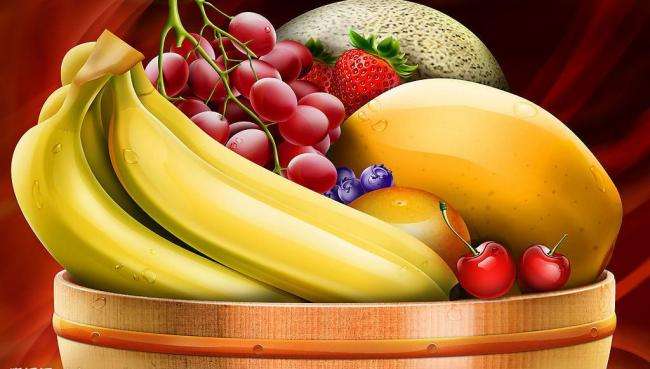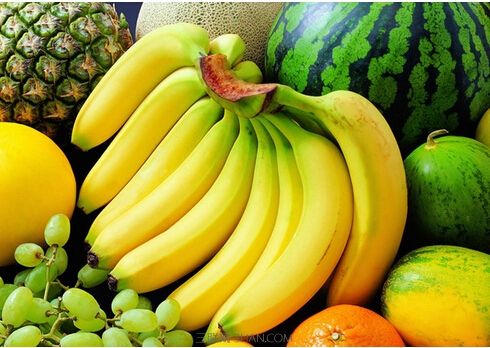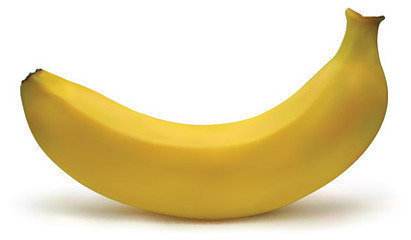Why do bananas go brown and ripen other fruit?

It may be a staple of fruit bowls across the country, but the banana has often been ignored when it comes to fruit salad.
After peeling and chopping, banana goes quickly from an appealing yellow to a dingy brown.
And crucially, it takes other fruit down with it.
This means it rarely makes an appearance in mixes - especially in shop-bought prepared fruit salad.
Fruit-shaped sensor 'can help freshness'
But no longer shall the banana be shunned.
After years of trying, food experts at Marks and Spencer have worked out a way to keep bananas fresh, even when they accompany other fruit.
But before we get to this new trick - why do bananas lose their shine and go so soggy?

Dr Dan Bebber, of the University of Exeter, who is leading a Global Food Security project on bananas, says they don't go brown faster than other products - changing at the same rate as apples, potatoes and even avocados.
But the reason they go brown in the first place is because of an enzyme - a chemical that causes reactions - called polyphenol oxidase (PPO).
Supermarkets step up wonky fruit push
"PPO is released when plant cells are damaged by cutting," he said.
"PPO converts common chemicals called phenolics to quinones by the addition of oxygen in the air, and then joins these together to form various brown pigments.
"It's the same reaction we use to make black tea and brown chocolate."
The ethene signal
So why do bananas appear to speed up the ripening process of other fruits too?
"Bananas make other fruit ripen because they release a gas called ethene (formerly ethylene)," added Dr Bebber.
"This gas causes ripening, or softening of fruit by the breakdown of cell walls, conversion of starches to sugars and the disappearance of acids.
"Some fruits, like oranges, don't respond to ethene, but there are many processes in plants that respond to ethene as a signal."

So what is the key to stopping this process?
Research carried out by M&S found that by spraying bananas as soon as they are peeled with a mixture of citric acid and amino acid, it manages to keep them firm and yellow, but without affecting the taste.
It is a similar principle to using lemon juice to keep fruit fresh, as the enzyme doesn't respond well to acidic conditions.
Five-a-day goal 'unrealistic' - GPs' head
Rose Wilkinson, fruit technologist at M&S, said: "We've spent years trying to overcome this so that we can include it in our prepared fruit salads and were delighted when we discovered a clever trick using fruit acid - just like you would at home with lemon juice."
The company also tested different varieties of banana to find the one which aged the slowest, discovering Cavendish bananas were the best of the bunch.
Now, you can find chopped banana in their fruit pots - all thanks to science.

| E-mail: sunson@chinaenzymes.com |
| Tel:86-20-86586087 86-10-58246891 |
| Fax:86-20-86586895 86-10-58246862 |
